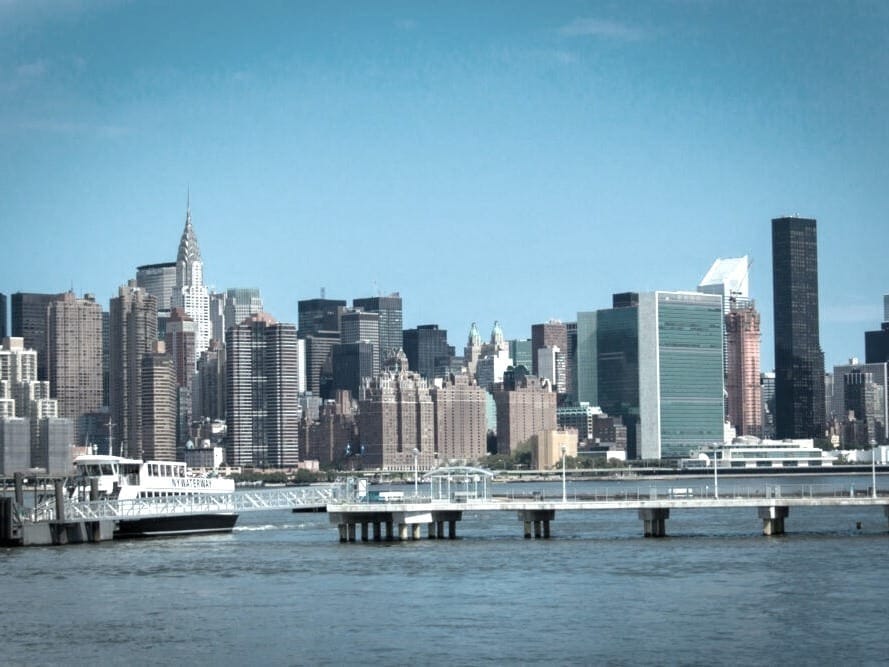UNITED NATIONS (AN) — After a year of political turmoil, international organizations enter a new year buffeted by populism, trade wars and power struggles as multilateralism faces rising political hostility.
The picture of a regularly deadlocked United Nations Security Council, the most powerful arm of the world body, does little to further the ideal of nations working towards common goals. But its power structure, frozen in time since the end of World War II, is under pressure to shift.









